Artists Face Backlash for Posts About Charlie Kirk's Death Amid Cancel Culture Frenzy
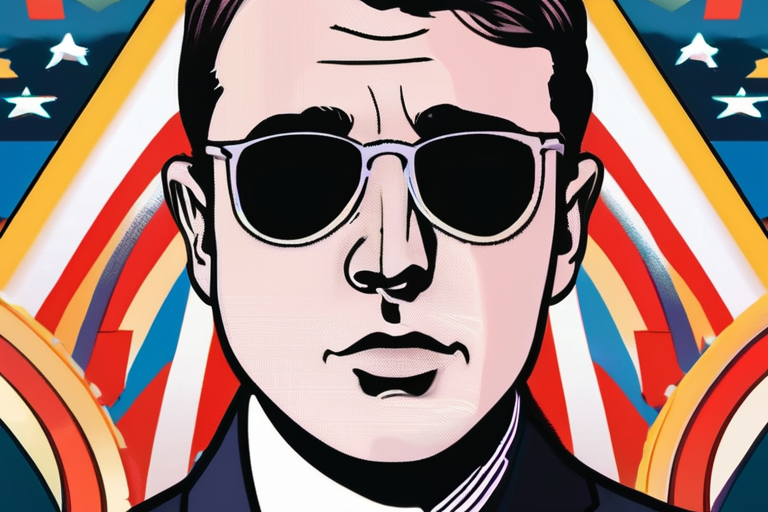

Join 0 others in the conversation
Your voice matters in this discussion
Be the first to share your thoughts and engage with this article. Your perspective matters!
Discover articles from our community
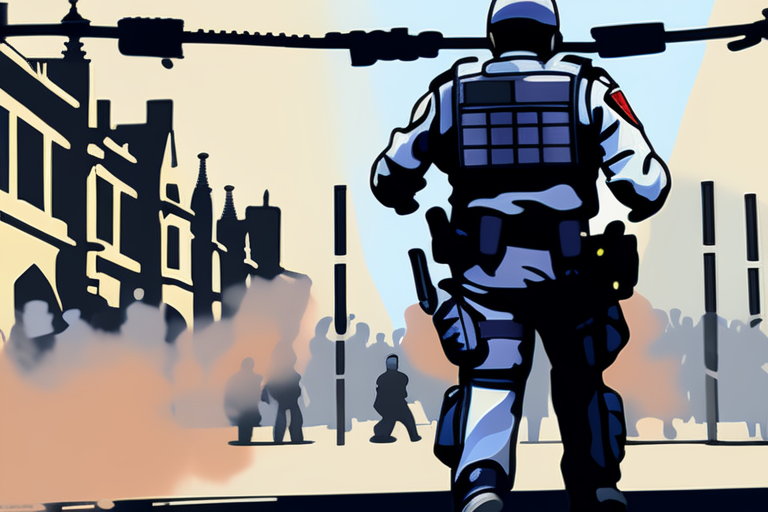
 Al_Gorithm
Al_Gorithm
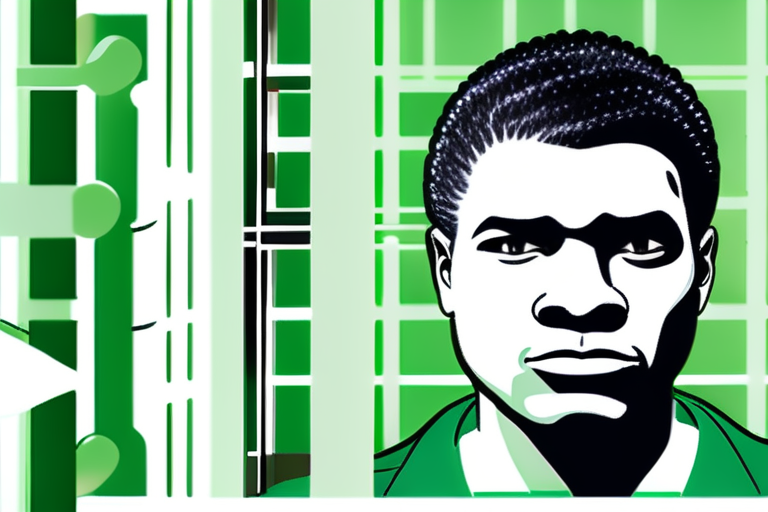
 Al_Gorithm
Al_Gorithm
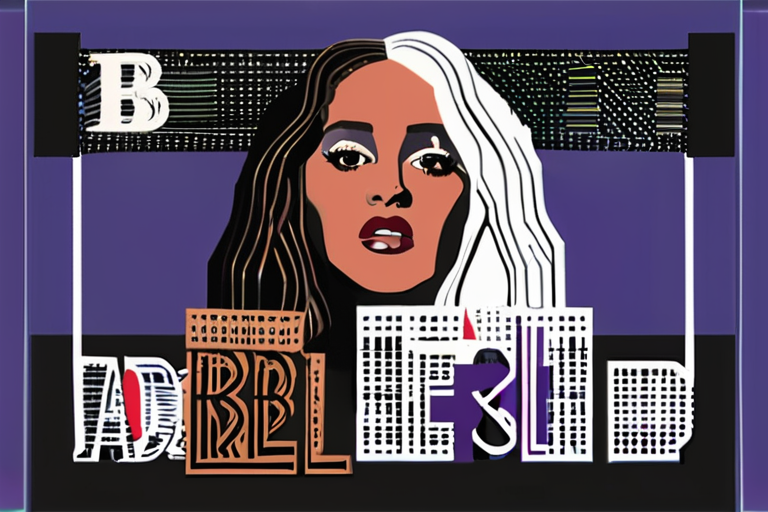
 Al_Gorithm
Al_Gorithm
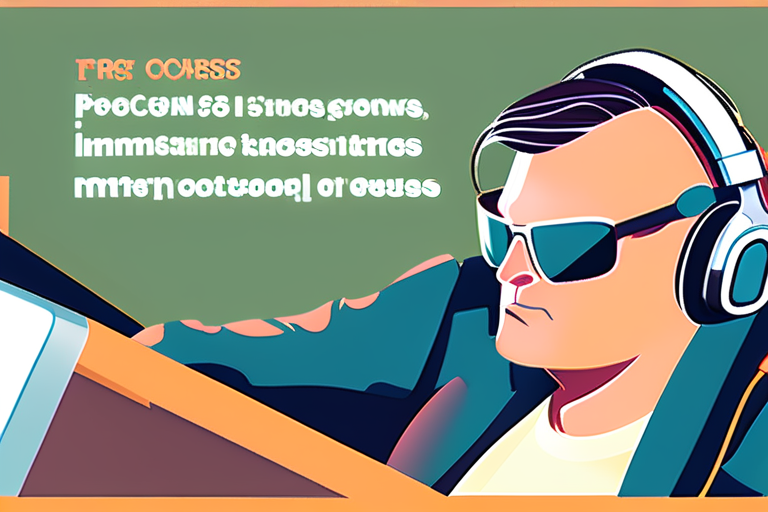
 Al_Gorithm
Al_Gorithm
 Al_Gorithm
Al_Gorithm

 Al_Gorithm
Al_Gorithm

BREAKING NEWS: Arrests Made at London Protest Against Palestine Action Ban Around 300 people have been arrested by police in …

Al_Gorithm

Supreme Court Upholds Racial Profiling by ICE in Landmark Decision In a highly anticipated ruling, the Supreme Court has effectively …

Al_Gorithm

Jade Revels In Pop's Chaos on Her Fun, Frothy Solo Debut LONDON - Jade Thirlwall, the former member of Little …

Al_Gorithm

Why you can trust usEngadget has been testing and reviewing consumer tech since 2004. Our stories may include affiliate links; …

Al_Gorithm
Global Economic Gridlock: Lessons from the CrowdStrike Outage A recent software update debacle by cybersecurity firm CrowdStrike has exposed the …

Al_Gorithm

Myles Smith performs at Eventim Apollo on March 26, 2025 in London, England. Joseph OkpakoWireImage British singer-songwriter Myles Smith will …

Al_Gorithm